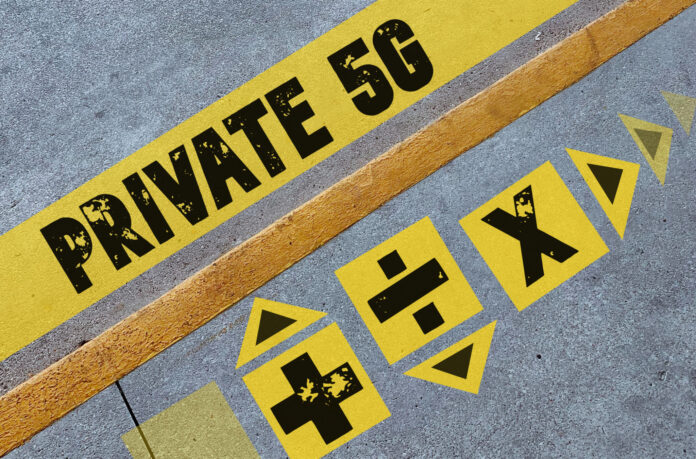A session at RCR Live in London last month considered the role of new private cellular networks as a platform for industrial transformation, and as part of the broader event topic of telco transformation. It brought together private 5G specialists from UK-based mobile network operators (MNOs) BT and Virgin Media O2 (VMO2), as well as from global system integrator Tech Mahindra, selling private 5G systems to enterprises directly, as well as via operator partners.
The trio, talking generally about private 5G from an MNO-standpoint, appeared to make sobering conclusions about the role of 5G in Industry 4.0; or at least, such conclusions might be drawn from the discussion. They are hardly revelatory, having been written in headlines in these pages before (over months, even years), from interviews with other protagonists on both sides of the supply-line. Except that, this time, they are from the mouths of MNOs.
What do they conclude? Five things, we reckon. One: that telecoms only matters to telecoms (shock), insofar as enterprises do not care about the network for the sake of the network. Two: that private 5G – or, more precisely, Industry 4.0, incorporating private 5G – is a tangled and speculative business, by its nature, and the only way for suppliers to strike gold is to go prospecting with partners, in hope the spoils will eventually be shared.
Three: that so far as private cellular is a promising network platform for future Industry 4.0 pyrotechnics, it remains a fairly limited one, for now, sprung mostly with LTE (not 5G), and bankrolled mostly by broadband-style connectivity and coverage capabilities. Private cellular is not – as yet; and maybe not ever as a mass-market service – a high-fidelity control network, offering near-total reliability and near-zero latency for rarefied industrial cases.
At the moment, 5G is mostly for connecting smartphones and tablets in the workplace – for the first time, significantly, in out-of-reach or hard-to-navigate locales. That is what swings the business case, when it actually adds up – and 5G is not the deal-breaker, either. Four: that, contrary to reports of its demise, public spectrum counts for something in the enterprise space. Isolated “island networks” are not for everyone, and factory goods leave the factory, eventually.
The debate about whether big regional MNOs or niche global MVNOs have better roaming setups to serve such public/private (NPI-NPN) cases was not discussed. But both operators on the panel said they are also currently standing-up private networks in the UK with their own spectrum assets, rather than with celebrated n77 ‘vertical’ spectrum; their point is that, however you look at it, they have more spectrum, and can serve enterprises better.
And five, related: that the small- and medium-sized (SME) enterprise market is where the private 5G numbers game will be won and lost – and that there is major work to do before battle properly commences. But, they argued, MNOs have well-oiled SME sales channels already, and will make a go of supplying private 5G for Industry 4.0’s real engine room. Of course, the likes of AWS and Microsoft have their eyes on the SME space, too.
They also have easier takeaway menus for digital change services. But the point is, rather, that whatever is said about the absence of MNOs in Industry 4.0 is wrong. All bets are on, still. Private 5G, as an adjunct of the bigger Industry 4.0 narrative, is a developing discipline; the battle to land big contracts with big corporations is not the final action. They will decide nothing, except that private 5G even has a role. A swifter war will unfold, at some point.
Note, a 12-inch remix of this story will run in due course, with supporting quotes from those on the panel.

